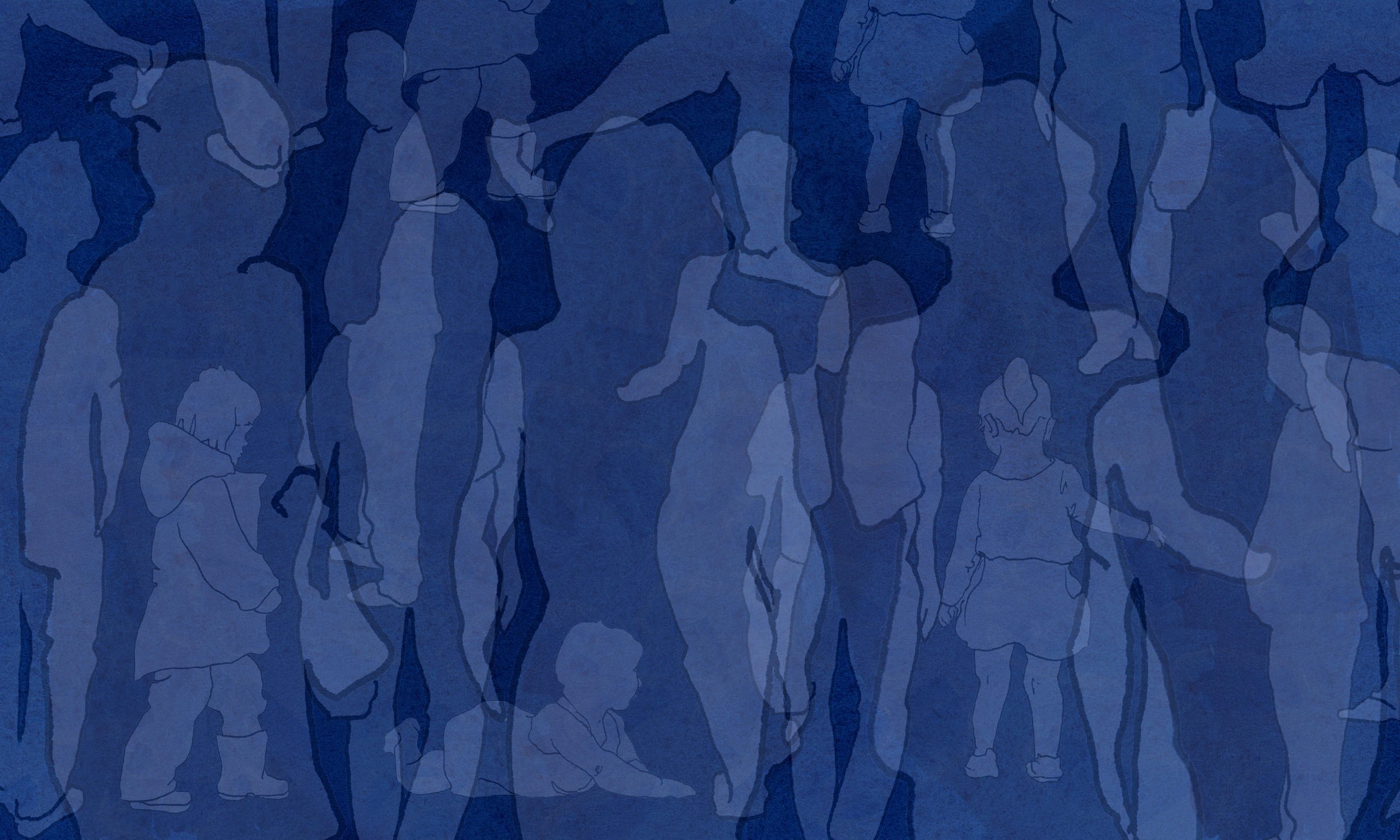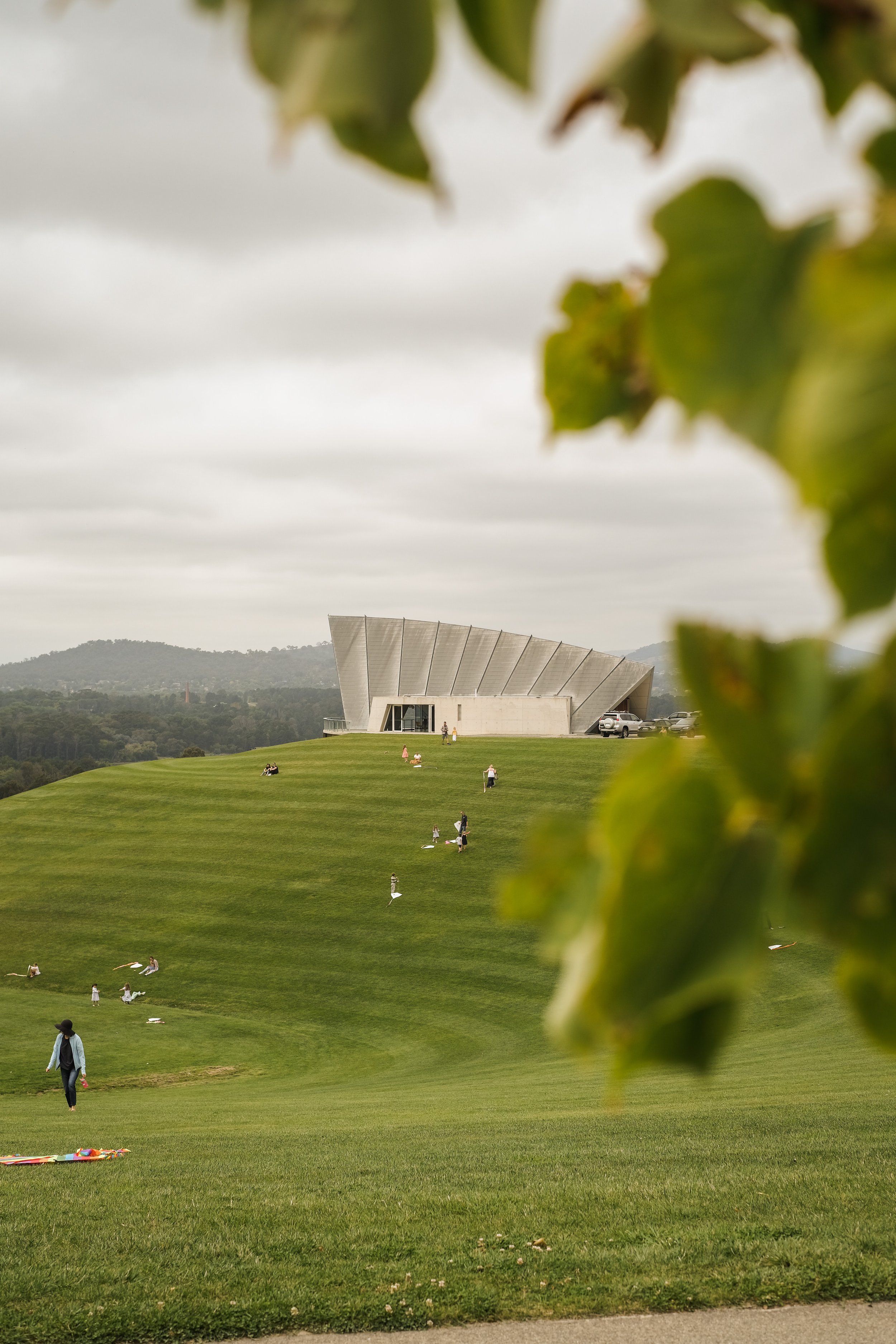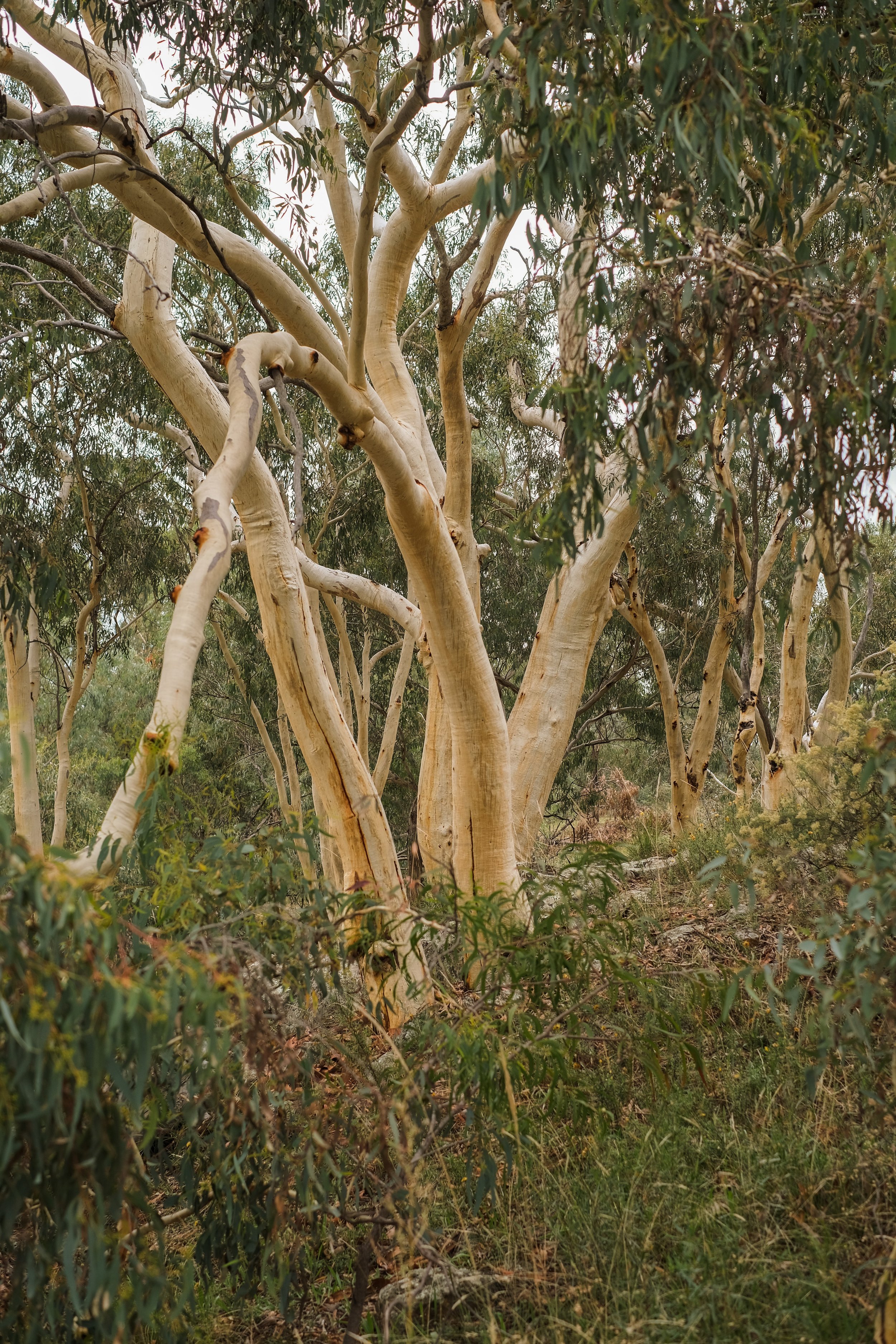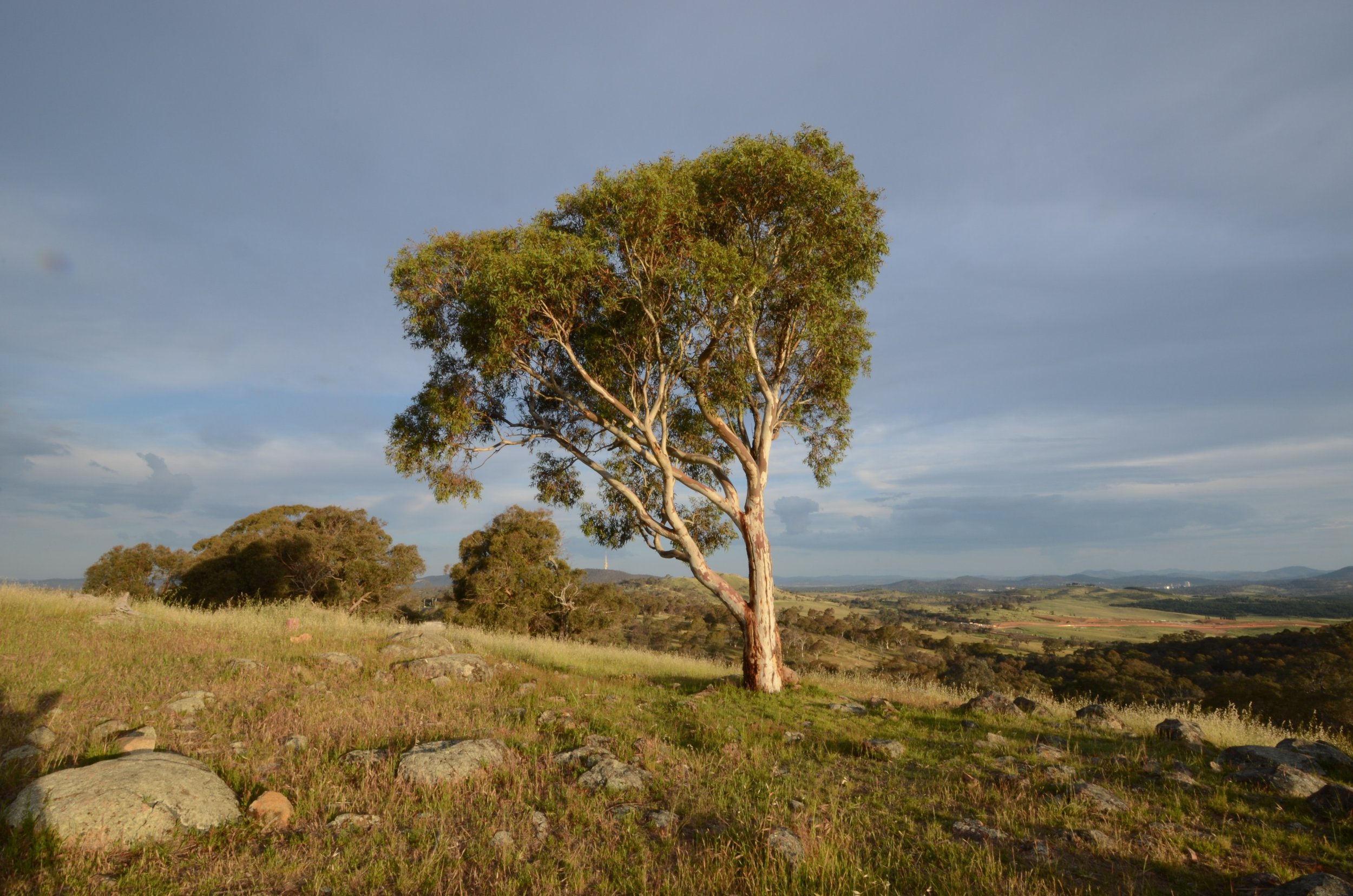The public service for the public good
Image by Gaelle Marcel (Unsplash)
I’m a born and bred Canberran. You’d think the soup of the public service would run in my veins. And yet just recently I found myself among a group of very senior (current and ex) public servants utterly impressed, and just a little bit bewildered, by their experiences and perspectives.
Canberra. Image by Daniel Morton (Unsplash)
Let me take a step back. You might remember the work we did on the public good, where we asked people across the country what they want for themselves and their communities and who should provide it. Well, that work sparked many a conversation about the role of government – particularly politicians – but failed to really shed any insight on the role of the public service, the very institution that carries out government dreams and schemes.
So I have to say I was utterly delighted when I stumbled across a couple of people with a very good sense of the public service who were as excited as me to really delve into the role of the public sector in delivering the things that individuals and communities want and need.
The timing for this couldn’t be better of course as the Federal Government has signalled their intent to devote time and focus to the Australian Public Service (APS) with the appointment of Katy Gallagher as Minister for the Public Service and a commitment to build on the Thodey Review (a detailed and comprehensive review into the public service) that was mostly ignored by the previous government.
With a stated willingness to talk with experts and the general public, now is the time to crack open a conversation about the role of the public service in providing the public good.
Thanks to the generous support of the University of New South Wales (Canberra) and some wonderful public policy scholars and retired academics, we met at the National Press Club as a group of about 15 public servants (and me!) to chat about the public service and the public good.
As a side note, this was a gathering of people who have spent their careers embodying discretion, professionalism, understatement, and measured tones. Conversations like this, among these sorts of people, don't have official space created for them every day. And so while I’m going to share with you some of my takeaways from the gathering, out of respect for a process that is only just beginning I won’t be quoting participants or naming any names.
So here are four things I found interesting from my fly on the wall perspective:
Public servants are caring and passionate but the institution itself has ‘lost its mojo’.
What is the role of government and the public service? This is a timely and important question.
We need to talk about the values driving policy decisions.
New measures of success: best outcomes for society vs cheapest policy.
Rediscovering the institutional ‘mojo’
National Arboretum, Canberra. Photo by Raelle Gann Owens (Unsplash)
It was weirdly reassuring and strangely moving to hear people talk passionately about being genuinely wanting to be servants of the public. And while this probably wasn’t surprising in this group given their choice to turn up, you could also feel their faith and belief in the majority of the public service population — that it is an institution generally staffed by people wanting to contribute to the broader community. It’s a far cry from the stereotypes of ‘shiny bums’ or ‘pencil pushers’ sitting in cushy jobs. How refreshing, in a world saturated with hustlers, start ups, and motivational quotes to get ahead to witness the humility of people genuinely wanting to do their bit as a mostly invisible part of a system that, when working, is designed to support society.
That said, it was also clear to most people in the room that, as someone quipped “the public service has really lost its mojo”. People felt that the bureaucratic machinery has become overly cumbersome, too focussed on short term political cycles, reliant on policy on the run, increasingly averse to risk and too willing to focus on financial efficiency as opposed to quality service delivery.
This critique is obviously not limited to the people in the room. The Thodey Review mentioned above acknowledges the same issues and in a recent speech the new Minister for the Public Service Katy Gallagher summed things up by saying, “There is work to be done in repairing years of neglect suffered by our public institutions. Outsourcing, poor resourcing, clunky systems, and a decade of deliberate devaluing of the APS has meant that the Australian people are looking at our institutions with a more jaundiced eye.”
Image from IPAA: Minister Katy Gallagher
Clearly there is a broad acknowledgement that the public service isn’t working as it could. But what I appreciated so much about this meeting at the Press Club was that the group wasn’t just there to whinge. It turns out that public servants are actually very good at Getting On With Things and are practiced not just at critique but at construction.
I was also pleased that in their quest to build something better, they also stopped to ask not just how our public service should work, but what it should actually be doing.
What is the role of government and the public service?
Thousands of Australians are public servants: policy makers, nurses, teachers, Centrelink staff, etc. Most of us come in contact with them regularly, and yet in our hundreds of conversations with people across the country about who should be providing the public good, only one or two people explicitly talked about the role of the public service. Government was either seen as selfish politicians, or the traumatic institution of Centrelink.
So what is the role of government and the public service?
Eucalyptus Forest. Photo by Raelle Gann Owens (Unsplash)
It should be obvious, but I was still surprised when someone at the roundtable reflected on the way expectations change over time – saying, “Democracy has ratcheted up expectations about the role of government. The expectations around what government can fix now are enormous. We’ve switched from that post-war understanding that as government you provide people with basic support and then let them get on with their lives, but that you support them when they fall down. Now the expectation seems to be ‘we will make things better’”.
These increased expectations arguably come at a time when public service resourcing is relatively low and where there is a sense of disconnect between the services provided by the government and the people they are intended to serve. I suspect among the group around the table that there were a mix of views about how deeply engaged with people’s lives government ought to be.
It was also interesting to hear mention of the role of the private sector. As a participant said, “I don’t think government should let the private sector off the hook when it comes to public good and public value”. They noted that via the Corporations Act, we (society) give the private sector significant leeway with limited liability, risk mitigation and tax concessions. We should be doing this not to make rich individuals richer, but to enhance public good. If we are providing these concessions we should also be demanding more contribution from the private sector to the public good. They followed up with the comment: “I’m not interested in fixing market failures. I don’t want to level the playing fields, I want to tilt them in the direction of the things that we want”.
I found this such a helpful way to think about the role of the private sector and the give and take that could (should? can?) exist between government, community and business. And while I don’t think we resolved the issue of just how active government should be, there was general consensus among the group that the public service exists to ‘serve the people’.
Values behind the veil
Great, so we know that the public service nominally exists to serve the people of Australia and contribute to positive outcomes for society. But who decides what is the public good, and which values and agendas get to shape what is seen as useful public policy?
A veteran of the public service reminded me that while we, as a country, share a lot of values and ideas about what we should do and prioritise as a society, we also need to recognise that we are a democracy and so sometimes good process leads to outcomes we individually might not like (or as he phrased it “democracy is a washing machine and sometimes things don’t come out the way you want them to”).
Yet while it was clear to the group around the table that values-based frames drive all public servants, they agreed it is rare for these frames to actually be explicitly discussed. As one person said, “all these frameworks you just absorb and think they are common sense until they are not”. Because public servants tend to shy away from discussing the values underpinning what they do, there can be a lack of questioning of the logic of even quite major policy propositions. For example, the idea of ‘parental choice’ is given as a rationale for public funding of private schools, and yet such funding is so extensive in Australia that the whole system of schooling is warped, pushing more and more kids into private schools because many parents feel they have no real choice to do otherwise, as a consequence of the parlous state of public school systems.
It was mind-boggling to me to realise there is so little space for explicit conversation within the public service about the values, politics and purpose underpinning policy.
There are multiple reasons for this, which one of the participants clearly articulated to me after the event. “One, national culture – we don’t do ‘deep conversations’ much in Australia. Two, Australian public servants generally prioritise action – ‘just get on with it and stop navel-gazing’. And three, public servants are highly sensitive to their responsibilities as apolitical officials who, at the end of the day, must be responsive to the democratically elected government, which can make discussion of values feel a bit redundant. The problem is, we all have values, whether we talk about them or not, and if we don’t talk about them, how can we develop a deep, effective culture of service?”
From my own observations of friends and family working in the public service, I’d say that many also feel unwilling to raise values-based conversations for fear of being seen as too party political, or having an agenda that exists outside serving the government of the day. Again, another really interesting question raised among the group – who does the public service serve? The Australian people or the government of the day? And what happens when these obligations are at odds with each other?
I loved the provocation from one participant who asked: “On what basis would we expect a public servant to give different advice to different colours of government? What, if any, would the legitimate reasons for this be?”.
Hearing these questions, I was both shocked and not at all surprised. Surely our public servants should be giving advice that leads to the best outcomes for people, regardless of which party is in power! And yet what are seen as ‘the best’ outcomes will very much be determined by the values behind those making the rules.
What was heartening to me (as someone who really values process and the airing of hidden values, agendas and purpose), was that most participants around the table were strongly in favour of making time and space for process – to enable these conversations around values to take place. Noting Hannah Arendt’s work around the importance of politics in the public space, someone said, “It is important that we [the public service] have political discussion. Not ‘capital P’ politics but, of course policy making is a highly political space. We need to actively engage in these discussions. It shouldn’t be a comfortable process, but we’ve got to have it.”
There were also people in the group who were less interested in these conversations, though they were just as committed to the work of the public service. They were driven more by the desire to leap straight into action and find ways to implement positive change within their spheres of influence, which I also understand and respect; after all we’re all impatient for things to be better!
Cheap doesn’t mean best
While it was clear that unveiling values is important work, there was also some concern in the room about a lack of distinction between values and ‘value’.
Eucalyptus, Canberra. Photo by Michael (Unsplash)
Often public servants are required to think about the financial efficiency of any given policy and this has been strongly influenced by neoclassical economic ideas. Public policy these days attempts to be ‘scientific and values free,’ – but is ironically driven by market ideology and mechanisms. We measure policies by GDP growth and productivity, and use this economic framework to draw boundaries between productive and unproductive activities.
One of the participants used the example of the National Disability Insurance Scheme (NDIS) to highlight their point. They noted that it took a Productivity Commission Review to argue that the NDIS would have a positive economic outcome before it was accepted, ‘when shouldn’t we be implementing the NDIS because it is a genuinely good thing to do for people and society?’. (This is something we think a lot about at Australia reMADE – just because it grows the economy or GDP doesn’t mean it serves the public good!)
So how do public sector organisations create the public good? And how can we, as a country, be more strategic in achieving that? As beautifully summed up by one participant, “There are so many documents across the Commonwealth public service talking about efficiency and effectiveness. But it shouldn’t be the cheapest policy that wins; it should be about what delivers the best outcomes.”
More than anything, at the end of the meeting I felt a sense of immense possibility, in part because I think so much of the work has already been done. We do have a public service full of committed servants wanting to serve well.
And we do have a broader public who, despite low levels of trust in the ability of government to ‘do the right thing for the Australian people’ are actually quite eager to genuinely contribute to how this country operates – both locally and nationally. While there are significant structural changes to be made, there are also many gains to be had by speaking loudly and proudly about the role of public servants. Not least of all because, as we point out in our report on the public good: “If we dismiss the value of good government and good use of the state, we diminish and undermine the capacity of government to provide much of the public good infrastructure we have identified as vital to collective wellbeing”.
In the final round of comments for the day, there was a rousing cry to find the courage and the capacity for public servants to start, as one person put it, “Talking about things that are really important in national life, in vivid big ideas language!” This cry certainly resonates with my own work and the hunger we’ve seen for talking about national purpose, vision and ideas in ways that lead to real changes to community life.
So to all the public servants reading this – thank you! We’re lucky to have your passion, enthusiasm and commitment to our community and country. While the public service may be ripe for remaking and reinvigorating, we are immensely lucky to have people who serve our country every day, in ways visible and invisible. Bureaucracy may have become a dirty word, but the world of public service really can and does, at its best, serve the people.
DR MILLIE ROONEY
Millie is a Co-Director for Australia reMADE. She has a qualitative research background and has spoken in-depth with hundreds of Australian's about their lives, communities and dreams. Millie is also a carer for her family and community and is passionate about acknowledging this work as a valid, valuable and legitimate use of her time.
Selected Other blogs by Millie:









